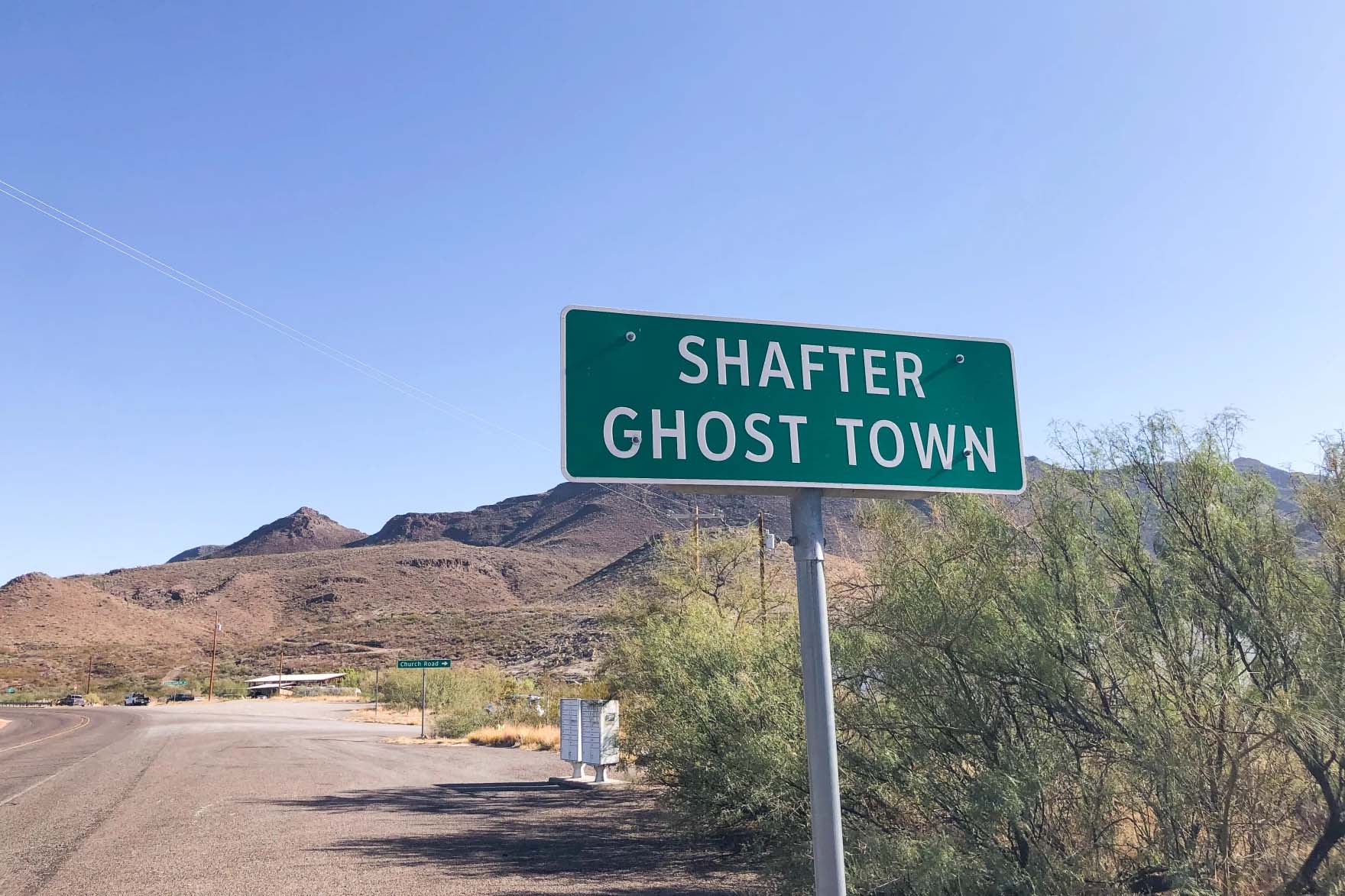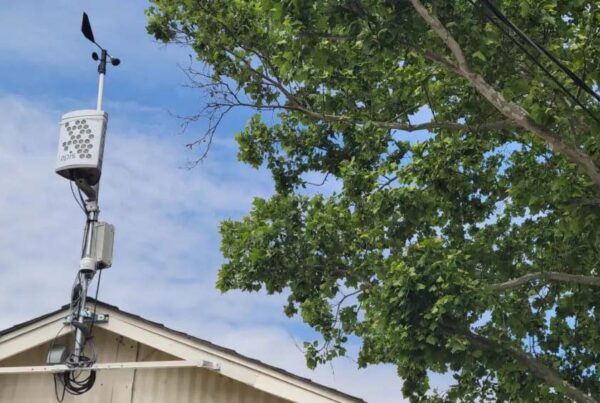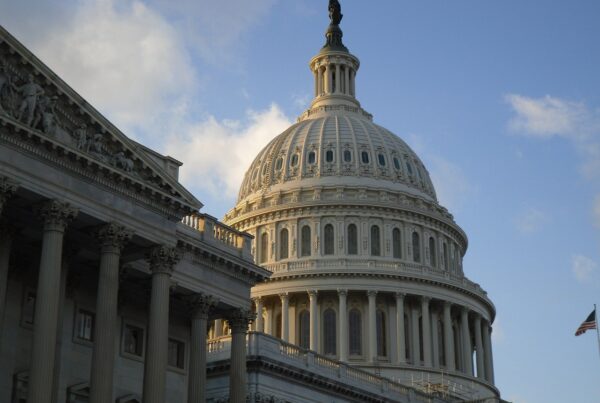The regular legislative session ended Monday, and all this week, we’re taking a closer look how certain issues fared – what passed and what failed.
Here’s the status of some key legislation affecting rural communities in Texas:
Building out broadband infrastructure
Around 7 million Texans don’t have reliable broadband services.
That means they don’t have internet that’s sufficient for most modern needs. For example, without broadband, you could not talk on a Zoom video call while someone else in your house streams a show.
It’s a problem that was highlighted by the pandemic, when everything moved online. That’s why, in 2021, the Legislature created the Broadband Development Office, which has created a map that shows access is lacking in rural areas.
Now, legislation that supports building out internet infrastructure is headed to Gov. Greg Abbott. State Comptroller Glenn Hegar compared it to another impactful project.
“The FM road system was a major investment in this state, to connect the state,” Hegar said while testifying for the bill this spring. “The new connection of the state is internet.”
The $1.5 billion allotment will help pay to develop broadband and telecommunications services. Some federal money is going toward this, too. Earlier in the session, Hegar said it would take closer to $10 billion to get all Texans online.
Hegar, whose office will manage the fund, said better internet could attract businesses and remote workers to smaller communities.
“That next major economic opportunity of spreading those chances across the state is going to come with broadband,” Hegar said.
The Texas Broadband Infrastructure Fund requires a constitutional change, which means citizens would vote on it in November.
– Sarah Self-Walbrick, Texas Tech Public Media
» MORE LEGISLATURE 2023: How education issues and healthcare bills played out
Improvements in mental health care
When it comes to access for children’s mental health care, Texas ranks last in the nation, according to the advocacy group Mental Health America.
Lawmakers hope the passage of Senate Bill 26, authored by Republican Sen. Lois Kolkhorst of Brenham, will play a big role in addressing the problem. It creates a $15 million grant program to serve local mental health providers, including “hospitals, local mental health authorities, hospital districts, nonprofits – in order to help children before the crisis,” Kolkhorst said.
School districts, as well as counties and municipalities, would also be eligible to apply for the grants, administered by Texas Health and Human Services.
Additionally, the bill includes a provision to monitor the results of mental health treatment. The state would audit local mental health authorities every 10 years. Those authorities would also be required to send monthly service delivery reports to the state, which would publish the data.
SB 26 also directs the state to explore ways private long-term care facilities like nursing homes could provide care for people currently living in state hospitals.
“There’s probably a better setting that we could get them to; we’re going to explore that in this bill, as well,” Koklhorst said.
SB 26 also creates a discharge and transition program for those living in state hospitals who are re-entering the community. The bipartisan-sponsored bill passed unopposed in both chambers.
– Mark Haslett, KETR Commerce
$1 billion water fund advances
The need for more water infrastructure funding has come into focus as boil water notices have increasingly plagued communities and a major drought hit the state last year.
Now, Senate Bill 28 and Senate Joint Resolution 75 could dedicate approximately $1 billion to help improve water infrastructure, as well as desalination and water conservation projects, across the state.
This would be a big help in the rural ghost town of Shafter just south of Marfa, where residents have gotten their drinking water from an old well owned by a nearby silver mine – or a local creek.
According to Trey Gerfers, general manager of the Presidio County Underground Water Conservation District, these funds will go a long way, like toward “getting a new well drilled, getting boil water notices to stop, and having a secure water supply for little unincorporated areas like Shafter.”
This legislation will also provide resources to help places like Shafter apply for state funds for water projects – which can sometimes be too complicated.
“The process is torture,” Gerfers said. “They need lots of budgets and technical information, and a lot of these small rural communities will just pass on these opportunities.”
If the pair of bills are signed by Gov. Greg Abbott, Texans will vote this fall on whether to establish the $1 billion water fund.
– Mitch Borden, Marfa Public Radio














